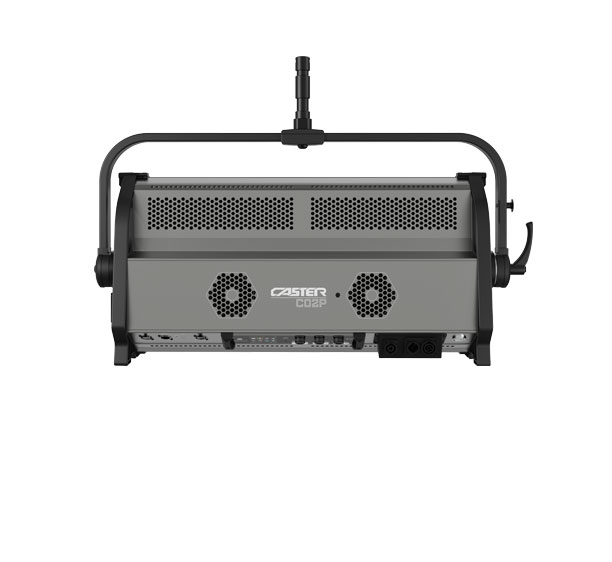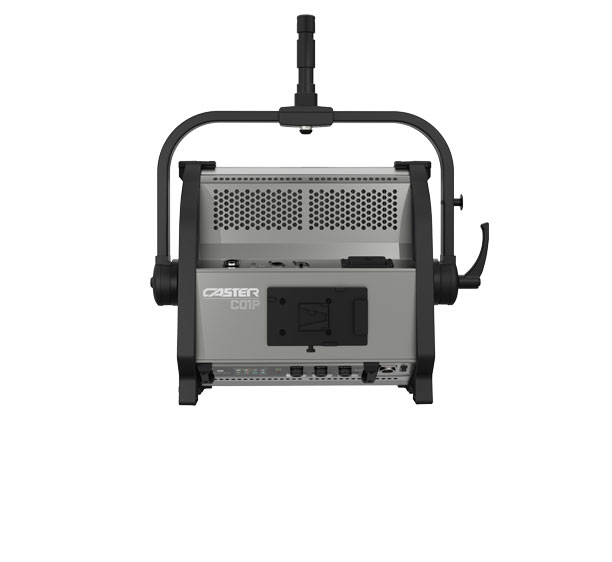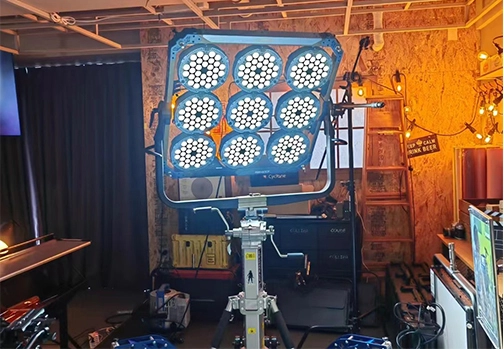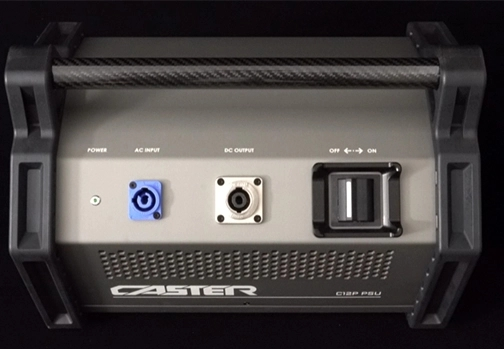In the past, the facilities of the studio were not fully established, so when people thought of the studio at that time, they only pictured anchors, one camera, and cameramen in their minds. However, there is a high demand for lighting during the shooting process in the studio. Today, let us introduce studio lighting design and arrangement.
Firstly, the area of the studio should be determined when arranging studio lighting, generally speaking, 300 square meters or above is a large studio, between 100 and 300 square meters is a medium studio, and below 100 square meters is a small studio. Secondly, the lighting skills should be selected according to the type of studio, such as virtual studio, real studio, interview studio, panoramic studio, etc., and the lighting configuration method is different. The common lighting methods of studio lighting technology are as follows:
1. Three-point lighting design for the studio
Three-point lighting, which is the use of key light, back light, and fill light to express the theme.
2. Multi-key lighting design for the studio
Multi-key lighting design allows the main light source to be expressed from various camera positions.
3. Soft front lighting design for the studio
Soft front lighting enhances the back light effect and makes the illumination of the entire performance area fairly uniform.
4. Side-key lighting design for the studio
Using side-key lighting, the hard light from both sides of the set can provide the side-key light and back light, while the fill light comes from the front of the set.
5. General lighting design for the studio
General lighting includes the basic light (also called general illumination in television, with an illuminance of 800 to 1500lx), which can basically reproduce the color of the camera, and then three-point lighting (multi-key, multi-back light, multi-fill light). The illumination of the multi-key light should be consistent, as well as the back light and fill light. Similarly, the color tone of the image shot by the camera in a specified position should be basically consistent.
6. Layer lighting design for studio
Layer lighting is used for music and dance programs in the studio, also known as zoning.
Studio lighting design aims to enhance the sense of hierarchy and perspective.The proper studio lighting design can create depth, dimension, and texture, giving the shot a three-dimensional quality that makes even two-dimensional objects appear vivid and lifelike. In addition, studio lighting manufacturers also play a crucial role in designing, which can manufacture a wide range of lighting equipment and accessories that cater to different applications. Layer lighting can be divided into the front, middle, and rear areas, with different illuminations of 2000-2500lx in the front area, 1500-2000lx in the middle area, 800-1000lx in the rear area, and 600-800lx for the overhead light. The purpose of zoning lighting is to give people a sense of hierarchy and three-dimensionality.
7. Indoor daylight scene lighting design for the studio
For indoor daylight scene lighting design, strong light is used to project the shadows of windows indoors, instead of the effect of sunlight. The direction of the main light should be consistent with the direction of the sunlight to make the picture more realistic. The position of the fill light should be 70 degrees from the camera, which can eliminate the long nose shadows of people. LED film lights are suitable for backdrop lighting, with soft and even light to present the landscape in layers.
8. Indoor night scene lighting design for the studio
For indoor night scene lighting, a chandelier is generally used to illuminate the entire room, a table lamp to illuminate the desk, and a wall lamp to illuminate part of the room, which is conducive to showing the effect of the environment and the characters. Turning on and off lights is the best way to show the atmosphere of an indoor night scene. When dealing with the light of turning on and off, the light when turning off should be darker than the light after turning on, and the interior should be dark but enough to show the outline of objects.
 English
English 日本語
日本語 한국어
한국어 Español
Español italiano
italiano العربية
العربية






